Blog
-
 3 October 2023
3 October 2023The True Role of Project Contractors: The influence of corporations in World Bank lending and complaints
Private sector involvement in multilateral development bank (MDB) projects, both in terms of investment and implementation, undeniably affects the implementation of a project, influencing banks’ adherence to their own policies. -
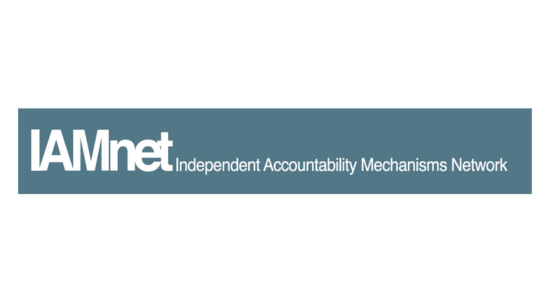 2 October 2023
2 October 2023CSOs Call for the Defense of the Independence of IFI Accountability Mechanisms
Independence is crucial to the effectiveness of accountability mechanisms at international financial institutions, development agencies, and other institutions. In light of recent threats, 26 civil society organizations sent a letter to the Independent Accountability Mechanisms network (IAMnet) with a call to protect the independence of IAMnet’s members. -
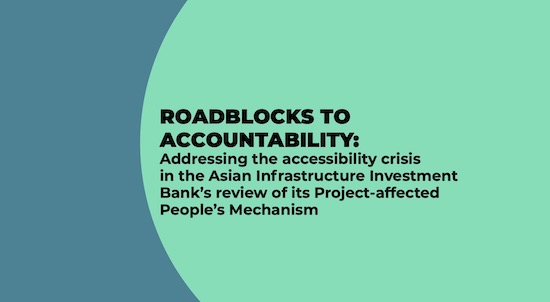 26 September 2023
26 September 2023World’s newest multilateral development bank lagging on accountability
As the Asian Infrastructure Investment Bank (AIIB) meets today for its first in-person annual meeting in four years, civil society groups are questioning the bank’s track record on accountability. -
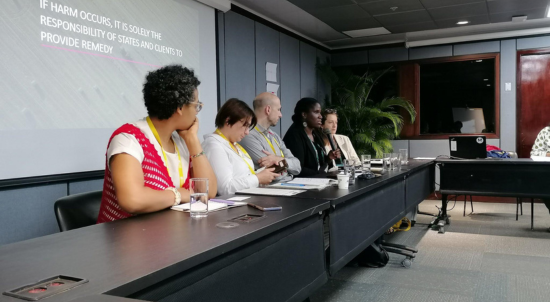 12 September 2023
12 September 2023For Public Development Banks to Effectively Address the World’s Crises, They Have to Be Accountable
Last week, hundreds of public development banks met in Cartagena, Colombia for the 4th annual Finance in Common summit to discuss how PDBs can advance the Sustainable Development Goals and address climate change and other global crises. This FIC summit proposed to develop “concrete actions to make finance more sustainable, equitable, and inclusive,” yet the conversations largely left out the very people most affected by its members’ financing – local communities. -
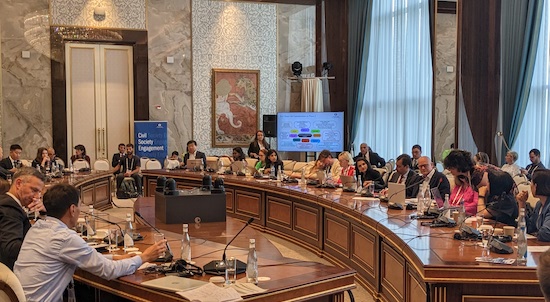 5 September 2023
5 September 2023Why Can’t We Compare Complaints?
The lack of a shared “complaint vocabulary” across the various IAMs hampers community comprehension, broader public engagement, and system-wide analysis. As the number of complaints grows, so does the need for a standardized method to assess, categorize, and report complaints. -
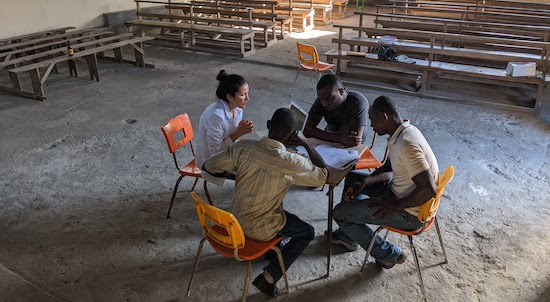 7 August 2023
7 August 2023Making IAMs Accessible for All Communities
Civil society organizations play a crucial role in supporting communities throughout, and improving the accessibility of IAM complaint processes. Insights from preliminary research on this topic show the impact representation can have on the success of a complaint, and identify potential policy changes to make IAMs more accessible for communities. -
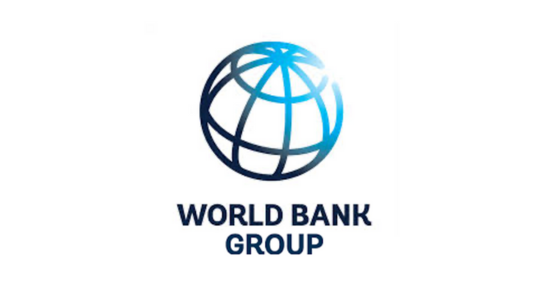 25 July 2023
25 July 2023The World Bank Group’s Conscious Evolution Must Also Be Conscientious: The Imperative for Responsible and Rights-based Climate Finance.
The World Bank Group is evolving its mission to confront a “crisis of development” precipitated by climate change, biodiversity loss, pandemic risks, rising fragility and conflict, and global economic distress. By its very definition, the Evolution Roadmap it has offered for public consultation is evidence enough that this is intended to be a conscious evolution. But as it vies to lead on climate finance, its crisis of accountability jeopardizes a just and inclusive transition that leaves no one behind, especially those it aims to serve. Accountability Counsel, supported by 22 civil society organizations from across the globe, have presented the bank with an Evolution to Accountability Roadmap, outlining necessary reforms to govern its evolution and ensure that communities impacted by WBG financing remain at the center of its broadened mission. -
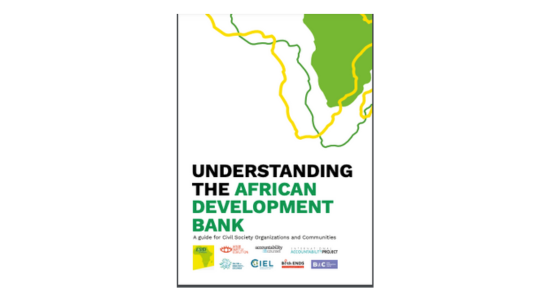 20 July 2023
20 July 2023CSOs Publish New Community Guide on Engaging with the African Development Bank
Members of the CSO Working Group on the African Development Bank (AfDB) recently published Understanding the AfDB: A Guide for CSOs and Communities. We hope that this toolkit will help civil society organizations and communities effectively engage in the AfDB’s activities and hold the bank accountable to its development mission and for the impacts of its projects. -
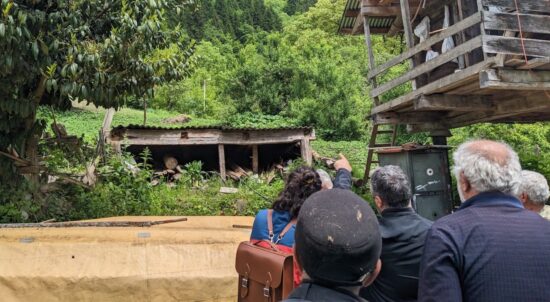 3 July 2023
3 July 2023A New Decade of Complaints
The Console now includes all complaint data though 2022. Has anything substantively changed since January 2020? -
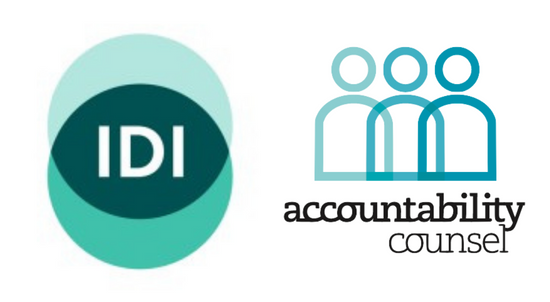 19 June 2023
19 June 2023A Guide to a New Grievance Mechanism for the Mining Industry, with Emphasis on Chinese Corporations
As of May 2023, people impacted by the mining industry have a new forum to raise environmental and social concerns. The new mechanism, called the Mediation and Consultation Mechanism for the Mining Industry and Mineral Value Chain, is also the first grievance mechanism applicable to many Chinese corporations engaged in… -
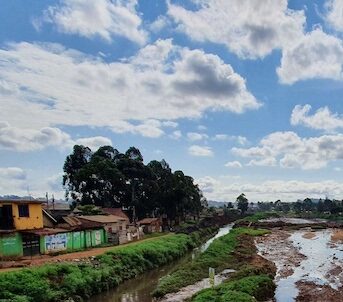 18 June 2023
18 June 2023For Ugandan Communities, There Is Resolution, But Not Yet Justice
In recent days, Ugandan communities signed an agreement in defense of their community, their land, and their livelihoods. The Kawaala community has faced agonizing threats to their wellbeing and livelihoods since the Government sought to evict them at the height of the pandemic. With our support, those communities fought for safety and just compensation, culminating in the agreement signed with the Kampala Capital City Authority. -
 7 June 2023
7 June 2023Promising Commitments to Accountability from European Parliament for the EU Corporate Sustainability Due Diligence Directive
At last, the European Parliament has approved its negotiating position on the EU Corporate Sustainability Due Diligence Directive, completing an important step toward ensuring that corporate actors across all sectors of the economy, from finance to extraction, production, and distribution, operate with respect for human rights and planetary ecology. Read more about several notable improvements that stand to make the final law successful. -
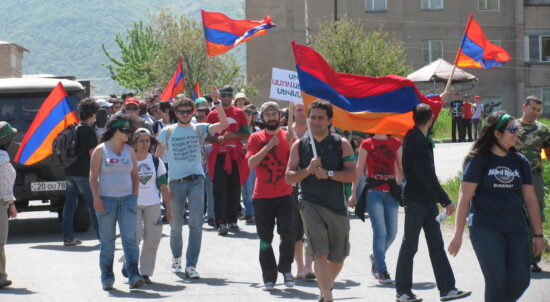 5 June 2023
5 June 2023“Water is Our Gold”: Lessons from a Community Struggle in Armenia
As the EBRD reviews its Environmental and Social Policy, the case of the controversial Amulsar gold mine project in Armenia presents valuable lessons that can shape future policies. -
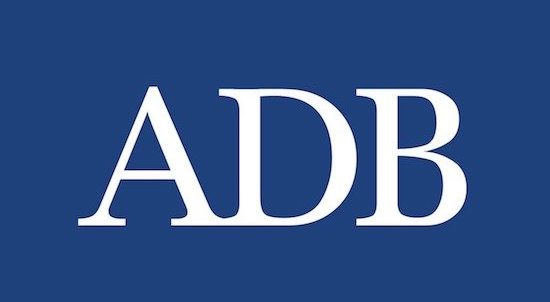 31 May 2023
31 May 2023Safeguarding ADB’s Accountability Mechanism Policy Review
The Asian Development Bank is finally reviewing its Accountability Mechanism policy. The review is long due and must follow a process that is independent, transparent, and consults project affected communities and civil society organizations. -
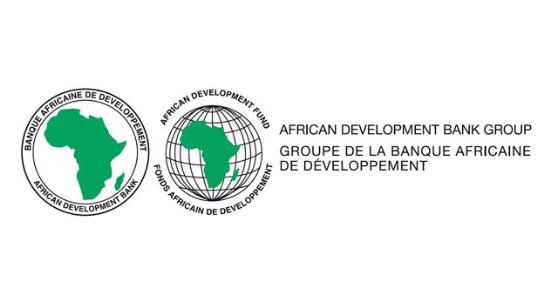 11 May 2023
11 May 2023AfDB’s New Safeguards Are Improved, but Fall Short on Remedy
The African Development Bank has released the final version of its updated Integrated Safeguards System (ISS). If well implemented, the new safeguards could go a long way in preventing harm to communities. However, the policy still does not guarantee remedy for harms that do occur. -
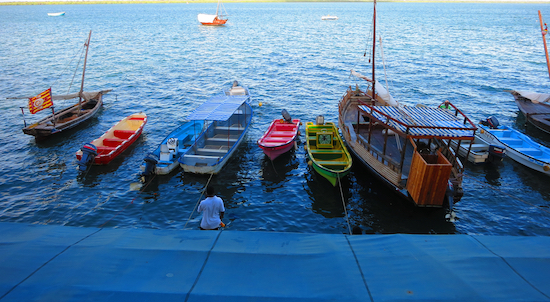 1 May 2023
1 May 2023Out of Sight, Out of Mind: How Financial Intermediaries Obscure Accountability for Community Harm
Various transparency and accountability challenges arise when development finance institutions use financial intermediaries, such as national and regional banks, without proper safeguards. -
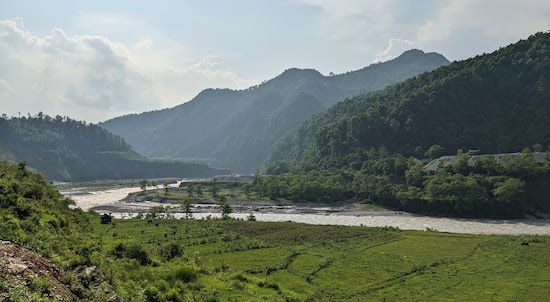 3 April 2023
3 April 2023Why Do Multilateral Development Banks Finance Repeat Offenders?
When faced with clients who have repeatedly failed to uphold threshold social and environmental policies, MDBs must make clear that any new funding is contingent on actively protecting communities from facing the risk of repeating past harms. -
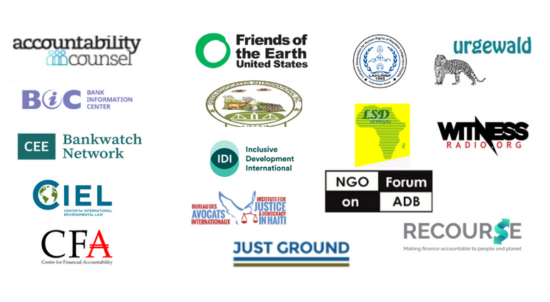 30 March 2023
30 March 2023Joint Statement on World Bank Accountability Mechanism’s Decision to Limit Application of Operating Procedures
Accountability Counsel, along with other civil society organizations, expresses alarm over a recent announcement by the World Bank Accountability Mechanism that its final operating procedures would not apply to all of its cases. -
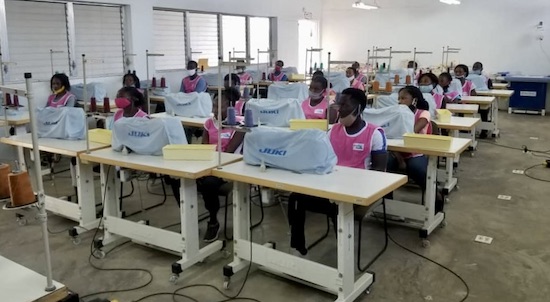 15 March 2023
15 March 2023Haitian Farmers Request Final Push to Receive Full Compensation
We are in year five of a groundbreaking remedy agreement in Haiti, and while significant progress has been made, critical gaps require more time and a concerted push to see the agreement’s implementation over the finish line. -
 7 March 2023
7 March 2023AC and Partners Provide Recommendations to the United Nations on Strengthening Accountability for DFI Finance
This week, Accountability Counsel and several civil society partners in Asia submitted recommendations for the UN Working Group on Business and Human Rights’ forthcoming report on development finance institutions and human rights.

